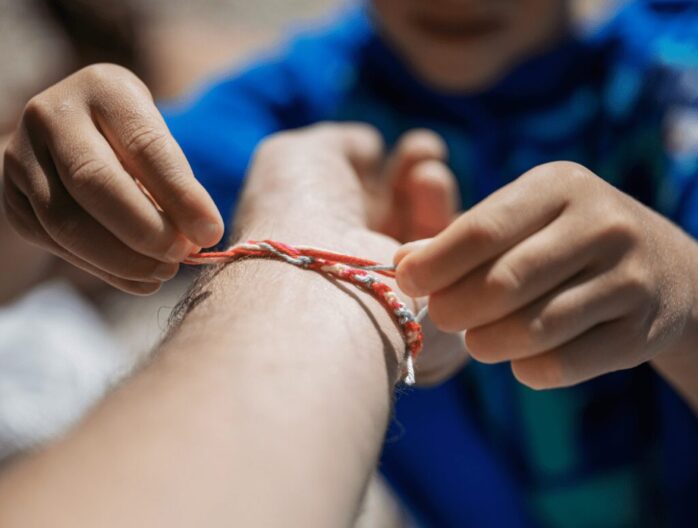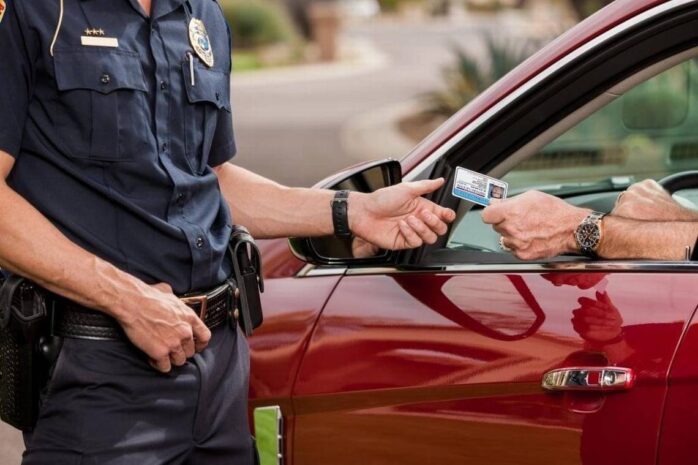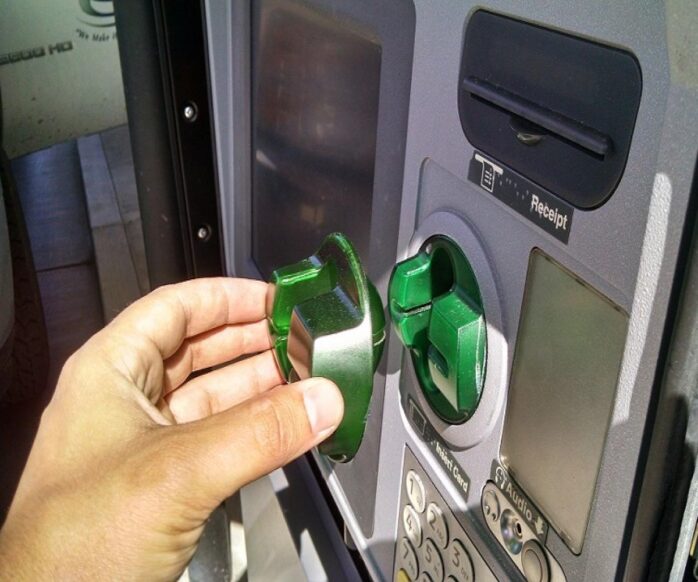
Do you want to visit your dream destination, but you’re afraid of getting scammed?
Well, getting conned is a warranted fear for every tourist.
While traveling the world is a great way to experience new cultures, meet new people, and visit great places, there is always a chance that someone will try to rip you off.
The good thing is avoiding travel fraud is easy when you use tactics such as hiring TruthInvestigators or always being alert.
So, before you take a trip to your dream location, check out these eight common travel frauds types and how to avoid them.
1. The Fake Money Scam

The fake money scam often happens at the end of a ride or when you’re about to pay for a meal in a restaurant.
The scammer, who may be a taxi driver, or a hotel employee, will return the cash to you, claiming your money is counterfeit.
The issue is that the scammer will have exchanged your real bill if you aren’t keen and give you a fake one instead.
To avoid this scam, get to know the country’s currency and be very keen when paying service providers.
2. Taxi Scam
This is a common one where taxi drivers take a longer route to your destination and end up overcharging you. Some drivers will also leave the meter running or claim they have no change. Others will simply give you an inflated price.
Some drivers will also work with hotel employees and pretend that the place you want to visit is closed. They will then offer to take you to an alternative location to which they have agreed with their accomplice and, in the process, get a kickback for giving them business.
Always choose a licensed taxi or let your host choose a preferred driver for you. Also, don’t be afraid to ask fellow travelers the cost of a taxi ride to a given location. Your tour guide can also advise you on the areas to visit and their opening and closing hours. A simple Google search can also help ascertain whether a given place is closed or open.
3. Free Bracelet Scam

This scam often occurs in busy tourist attractions. A friendly woman or local will chat you up and, in the process, offer you a free bracelet as a gift. They will then put the bracelet on you and demand money for the gift. If you refuse to part with cash or try to return the gift to them, they’ll cause a scene.
Don’t accept anything for free during your travels. Avoid chatting to strangers or people who are offering you free things.
4. The Bump Scam
Another common scam happens when a person bumps on you, and while you’re distracted, their accomplices will proceed to steal valuables from your pocket or your bag.
Avoid this scam by being very attentive when in crowded places. When someone bumps on you, clutch your bag tightly.
Additionally, avoid putting your valuables in your back or front pockets. You can also spread them out so that you don’t lose everything at one go.
5. Fake Officers

It’s not uncommon to come across fake police officers in big cities. They will ask for your documents and ask for a bribe to give the papers back. Another scam is where a person approaches you and hands you an illicit item, and the fake officers will approach just in time, insisting you bribe them to avoid arrest.
Avoid this scam by asking any officer who approaches you for identification. Also, never hand your documents or wallet to anybody. Let the officers know you’re willing to accompany them to a police station, where you’ll gladly show them your passport. Asking the locals for help is another excellent way to avoid this scam.
6. Photo Scam
The photo scam often happens in busy tourist attractions. A friendly local will approach you and offer to take your photo or a group photo of you and your friends. You’ll gladly give them your phone or expensive camera, and as you get ready to pose for the picture, they’ll disappear.
Always be aware of your surroundings, especially in busy tourist locations. It’s also much safer to give your phone or camera to a fellow tourist. Be aware of people asking to take your photo without you requesting first.
7. ATM Scam

Not every ATM in your travel destination is safe.
Some scammers use a skimmer device and attach it to the ATM to get your card information. Others place sticky substances on the card slot, which will cause your card to get stuck. A stranger will offer to help you or ask you to call a fake number for help when you can’t get your card out. In the process, you may end up giving the scammer your pin.
To avoid the ATM scam, always use ATMs located in banks. Also, don’t give your pin or bank details to strangers. If you lose your card, call your bank and block it.
8. The Ring Scam
The ring scam is similar to the bracelet scam and often happens in busy streets and popular tourist sites. A person will drop a ring in front of you and rush to get it, asking you if it’s yours. If you say no, they will pester you to pay for it.
The best way to avoid scams in busy tourist locations is to avoid talking to strangers. If people approach you, avoid them and keep walking.
9. Beggars

You’ll find injured beggars or deaf or blind people accompanied by helpers in most major cities. Child beggars are also common. Some women will also have babies strapped to their backs who might not even be theirs. Scammers know that it’s difficult to say no to sick, disabled, children, or seniors.
Since it’s difficult to know if a person is really sick or injured, give out food or offer to buy them a meal when they ask for cash. This way, your money will be safe.
Travel scams are everywhere. Always be aware of your surroundings when you’re in an unfamiliar place. Also, if something is too good to be true, it is probably a scam.
Which other travel frauds do you know? Have you ever fallen victim to any of them? Let us know in the comments section below.











